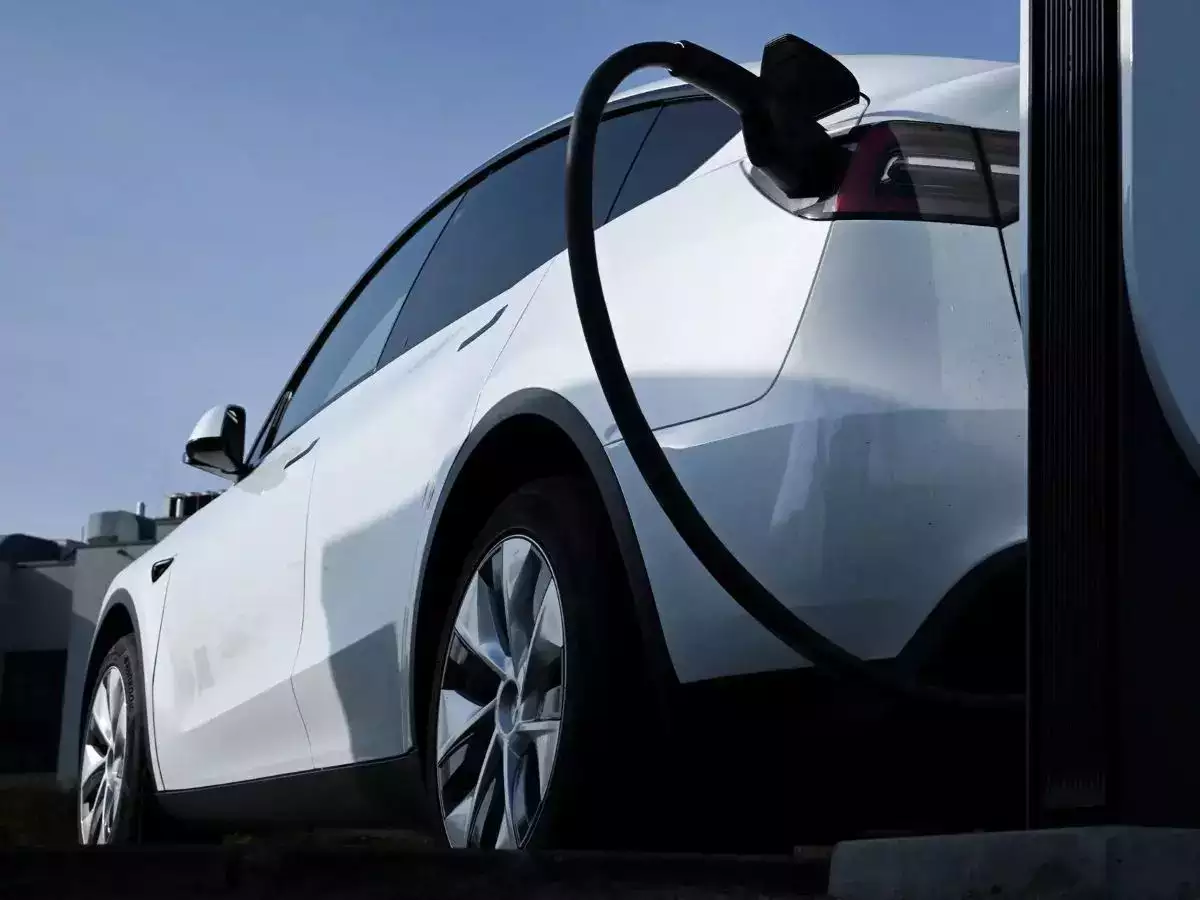
Around 83% of the 1,000 prospective Indian buyers covered in the global survey said they will consider buying an NEV by the end of this decade.
The survey conducted online by The Harris Poll on behalf of Urban Science received inputs from various markets including India, the US, Australia, China and Germany.
The survey stated that the positive outlook for NEVs in India is being fuelled by the rapid expansion of public EV charging network, with a noticeable presence in major cities and emerging in tier-2 cities.
There are currently over 6,000 charging stations available in India across major cities and along the highways.
This number is expected to increase to over one lakh by 2027.
The positive outlook is also due to the government's proactive policy initiatives for the EV segment, the survey revealed.
It pointed out that India must access the advanced technology and production scale that China has mastered in the EV field.
Opportunity is mounting, but India's EV push faces challenges, especially when compared to China's dominance in the sector, it stated.
China leads in producing lithium-ion batteries, electric motors, and establishing charging infrastructure critical components for the seamless functioning of EVs, survey findings revealed.
Without leveraging this expertise, India's EV ambitions might struggle to stay relevant, it stated.
Collaborating with Chinese companies could be pivotal in accelerating the development of India's EV infrastructure, making electric cars more affordable and accessible for everyone, the survey opined.
China's track record with massive EV projects, such as city-wide electric bus fleets and extensive charging networks, provides a valuable blueprint, it said.
By learning from China's experiences, India can avoid common pitfalls and fast-track its transition to electric mobility, it said.
Disclaimer: The copyright of this article belongs to the original author. Reposting this article is solely for the purpose of information dissemination and does not constitute any investment advice. If there is any infringement, please contact us immediately. We will make corrections or deletions as necessary. Thank you.





